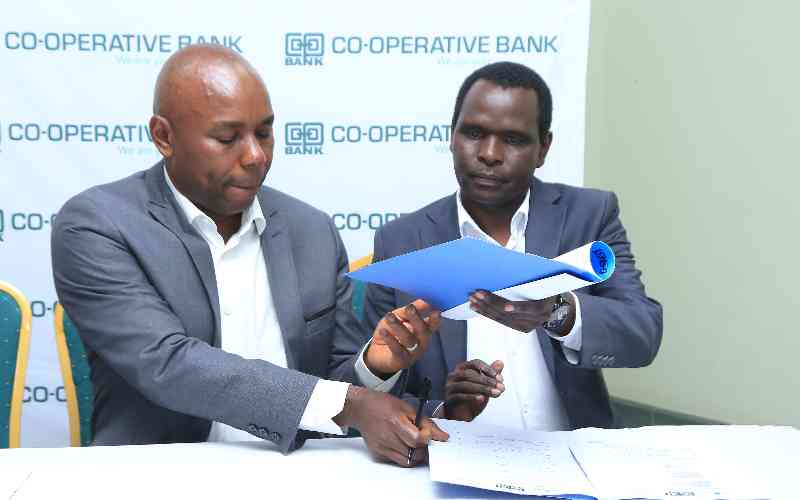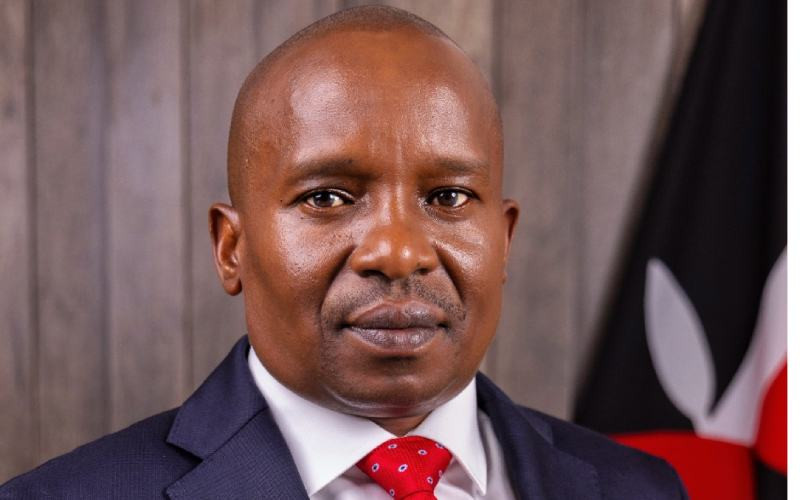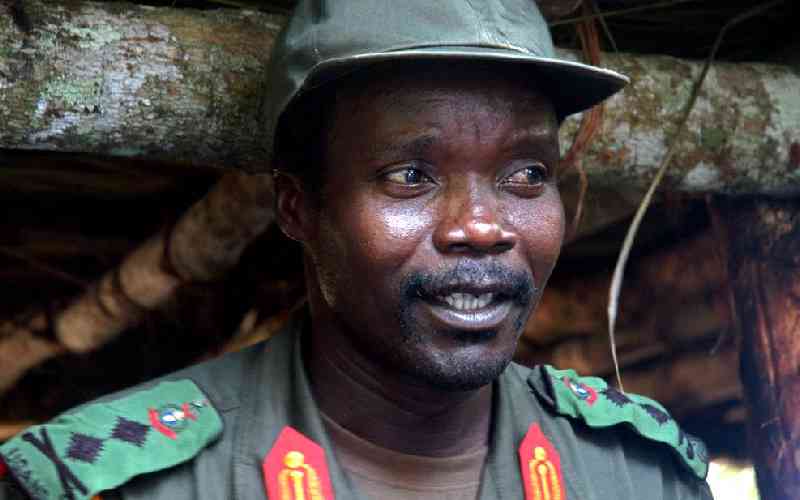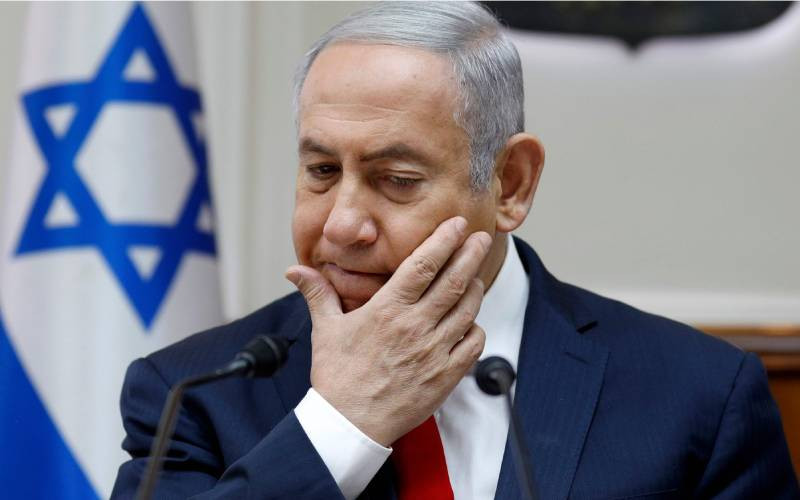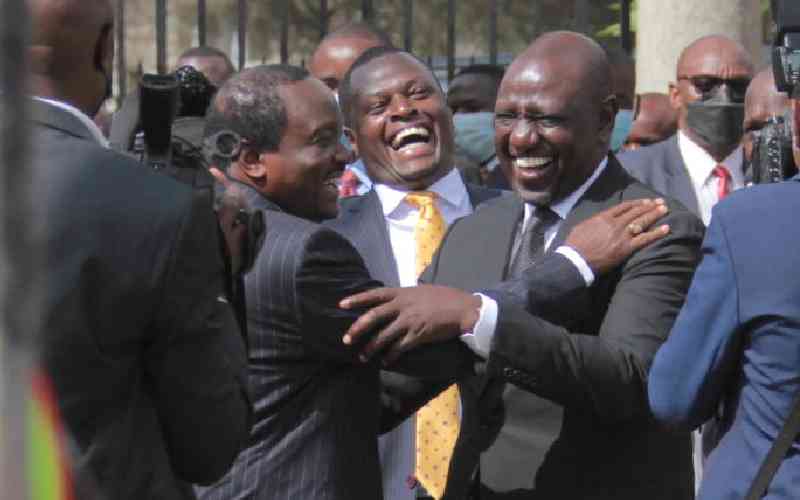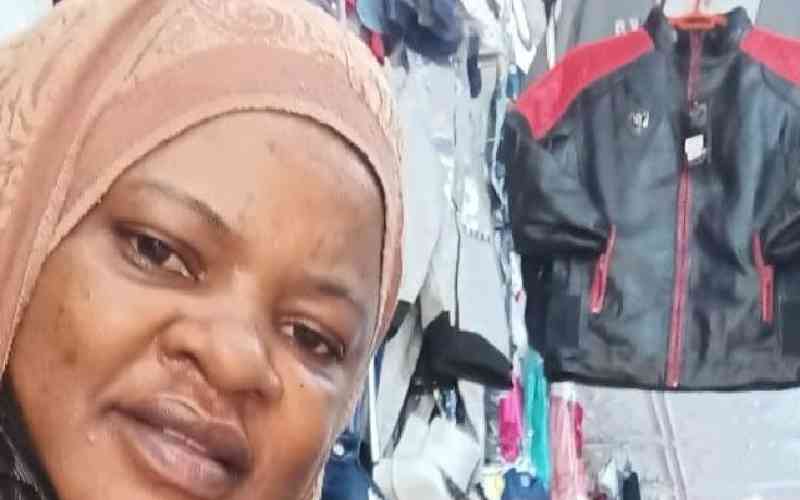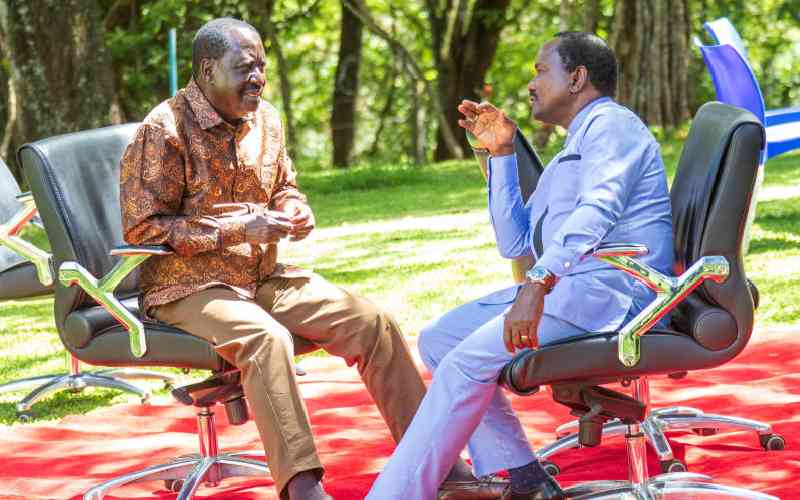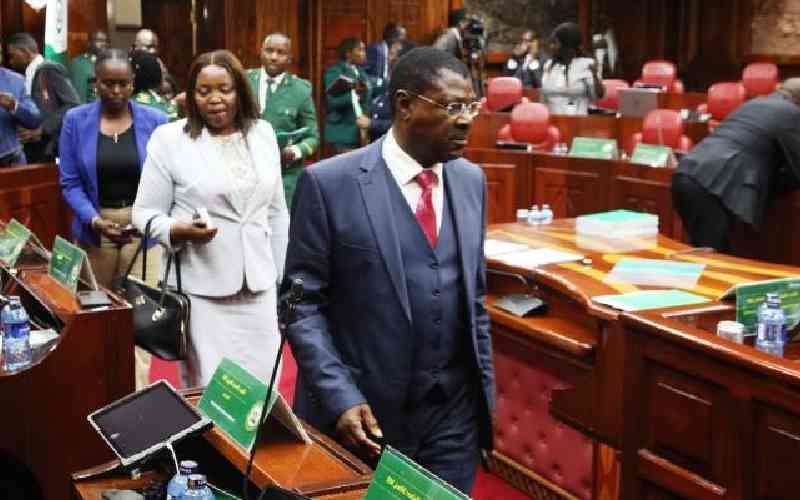During the International Criminal Tribunal for Rwanda (ICTR) hearings in Arusha between 1995 and 2003, Eboue Osuji was a senior trial attorney. Fatou Bensouda was his immediate deputy as a trial attorney.
The working chemistry between the two was tight. In particular, the duo perfected the art of lowering the threshold of evidence admissibility.
In the beginning of the trials, the threshold was ‘beyond reasonable doubt.’ When the Osuji-Bensouda dream team was done with the case, the threshold had moved to balance of probabilities to shockingly admission of hearsay as evidence!
Where evidence did not touch directly on the guilt of the accused person, the duo had convinced the judges that hearsay and unauthenticated documents were legitimate and admissible.
By 2009, Osuji had been moved to the chamber of ICTR where he was coordinator of chamber affairs, a further opportunity for the duo to perfect the low evidence threshold philosophy.
Fast forward to 2015. The duo are now re-united at The Hague. The game is the same. The only difference is which side of the court room they sit. Osuji is the presiding judge in the case against William Ruto and Joshua arap Sang. Bensouda is the chief prosecutor.
Whereas in Arusha (Tanzania) there were limitations on hearsay evidence admissibility, where it touched on the guilt or otherwise of the accused person, in the Ruto-Sang case, the duo have thrown this limitation out of the window.
Hiding behind the controversial rule 68 that was passed at the Assembly of State Parties at The Hague in late 2013, Osuji-Bensouda are hell-bent to extract a conviction based on statements that can neither be authenticated nor subjected to cross-examination scrutiny. This is nothing but judicial gangstarism. The Mafia lords must be green with envy.
The main question is; if Osuji and Bensouda could outdo the chamber in Arusha 20 years ago when both were in the prosecution, what did we expect today when the duo are split evenly between the prosecution and the chamber?
I was present at The Hague as an observer at the 2013 Assembly of State Parties when the controversial rule 68 was passed. The main campaign for this rule was led by a battery of the Kenyan civil society. The Kenyan delegation was simply overpowered by the civil society which campaigned for rule 68 under the coalition they had extensively cobbled up under the banner ‘Global Coalition for the ICC’.
Kenya protested this vociferously. As a concession, Assembly of State Parties gave the undertaking that this rule would not be applied retroactively hence would not be used in the Kenyan cases.
Even this exemption is not enough to deter the Osuji-Bensouda from achieving their long held ambitions of lowering the threshold of evidence.
So what options are there for Kenya in the wake of this judicial atrocity? For starters, it is imperative to look at the timing of this ruling.
Coming hot on the heels of US President Barrack Obama’s visit, it is clear that the key European underwriters of the ICC project, Britain, France and Germany are determined to claw back on the benefits that accrued to Kenya from that visit.
The ICC is the tool of choice for the European powers to exert leverage in Kenya and Africa. The immediate target is to influence not only the 2017 elections but more importantly 2022 where Ruto is a clear favourite and front runner to be the President of the Republic of Kenya.
Stay informed. Subscribe to our newsletter
The only option is for Kenya to scream deuces to this imperial evil design. It would be desirable if Kenya walks out of the ICC with every African signatory to the Rome Statute that wishes to liberate itself from this 21st Century colonialism.
After all, which AU summit authorised our founding fathers to go to the forest like the Mau Mau did? Let’s walk out with the coalition of the willing.
 The Standard Group Plc is a
multi-media organization with investments in media platforms spanning newspaper
print operations, television, radio broadcasting, digital and online services. The
Standard Group is recognized as a leading multi-media house in Kenya with a key
influence in matters of national and international interest.
The Standard Group Plc is a
multi-media organization with investments in media platforms spanning newspaper
print operations, television, radio broadcasting, digital and online services. The
Standard Group is recognized as a leading multi-media house in Kenya with a key
influence in matters of national and international interest.
 The Standard Group Plc is a
multi-media organization with investments in media platforms spanning newspaper
print operations, television, radio broadcasting, digital and online services. The
Standard Group is recognized as a leading multi-media house in Kenya with a key
influence in matters of national and international interest.
The Standard Group Plc is a
multi-media organization with investments in media platforms spanning newspaper
print operations, television, radio broadcasting, digital and online services. The
Standard Group is recognized as a leading multi-media house in Kenya with a key
influence in matters of national and international interest.

